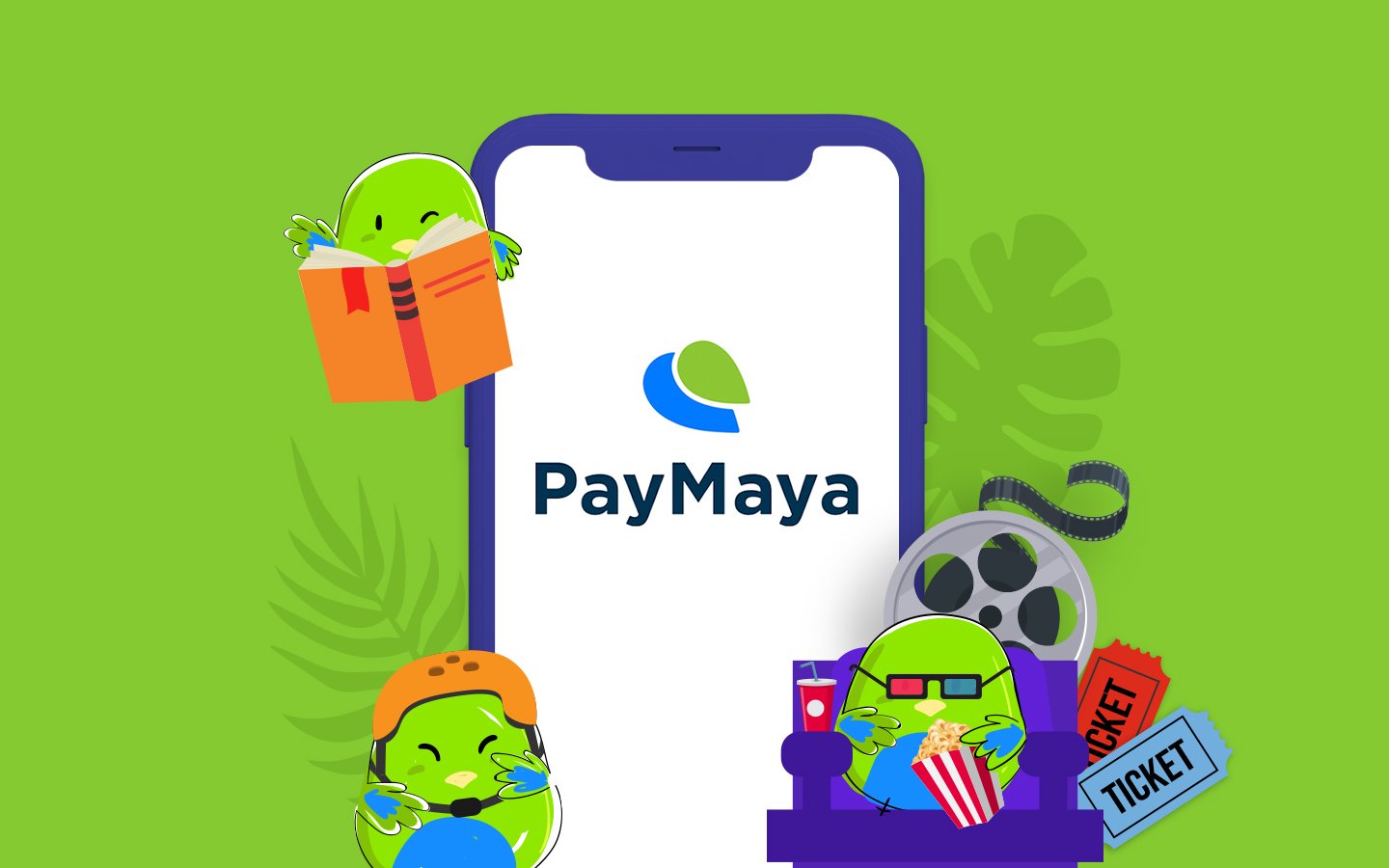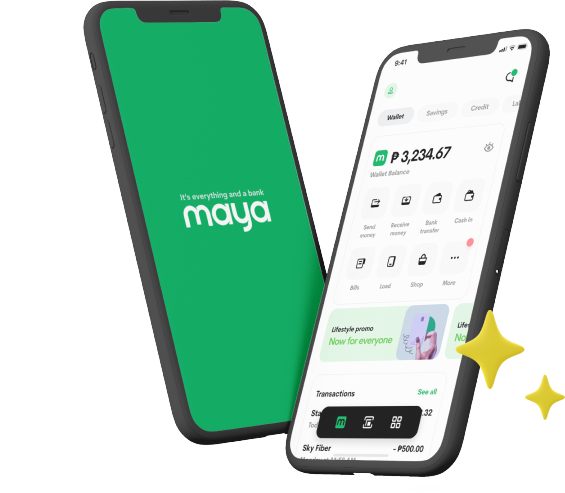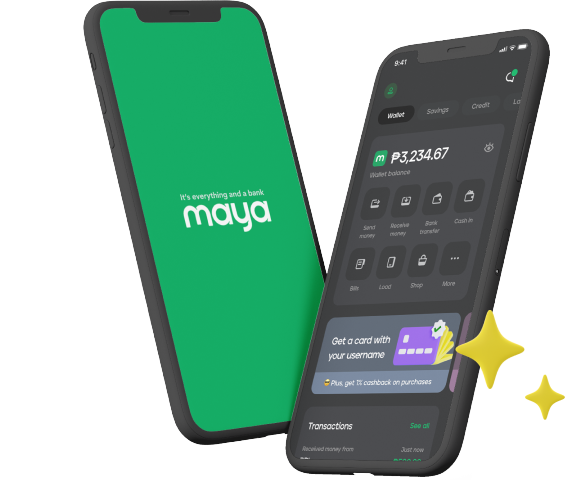The so-called “new normal” has drastically changed the business landscape. Due to physical distancing regulations and other measures implemented to fight COVID-19, some businesses have had to scale down their operations. Some even had to close down completely. Industries that primarily rely on close contact, such as travel and events, will likely recover more slowly. On the other hand, many businesses that remain up and running have adopted a full or partial work-from-home arrangement.
In short, the current and post-COVID economy is and will be drastically different. In turn, this could affect the kinds of in-demand jobs today and in the future. Even now, many internet-based or internet-related jobs are experiencing an upsurge. The gig economy is also expected to continue to thrive, especially since freelancers can work with anyone, anywhere in the country (and indeed, all over the world). Thankfully, it’s now easier to work from home. Aside from flexible packages from internet providers, there are also cashless systems for in-demand jobs that make it easier to send and receive payments. These two factors are especially critical since they ensure a smoother workflow.
That being said, below is a list of 10 in-demand jobs in the Philippines during this new normal. If you’re currently job-hunting and have the necessary skills, perhaps it’s time to consider putting your hat in the ring. If you’re already working these kinds of jobs, think about developing your skillset to help advance your career.
Digital Marketer
As earlier mentioned, digital jobs are some of the most in-demand and stable jobs in the new normal. Such jobs include those in digital marketing, which generally refers to advertising delivered through websites, social media sites, search engines, mobile applications, and email. Indeed, traditional or offline methods of advertising (such as billboards or posters) are not as effective during a quarantine period. After all, the cost alone won’t justify the level of exposure if people are just staying at home. Thus, many companies are looking for skilled digital marketers to boost their marketing efforts.
Do note that you don’t have to be an expert at every platform because they all have certain nuances that don’t apply to the others. However, it pays to at least have a basic knowledge of each platform so that you can optimize your campaigns. You should also remember that the digital landscape changes quickly, so you have to make sure that you keep up with the latest updates. At the very least, you should be updated with the latest algorithm changes of social media platforms and search engines.
For those with experience in traditional marketing, you can find courses online to become a certified digital marketer. Other important skills include copywriting, design, and data analysis.
Graphic Designer
Graphic designers are expected to create visual concepts to communicate ideas that inform or captivate the audience. Thus, graphic designers are also called communication designers. The job is in high demand ever since, particularly in the freelancing economy, especially because every company has a need for communication design. Digital marketing alone has a lot of need for graphic design, including social media posts, infographics, and banner ads.
What’s great about being a graphic designer is that it’s relatively easy to find clients both locally and abroad. In addition, as long as you’re patient with networking, you can build a rather sizable clientele by freelancing. Of course, there are also a lot of businesses that need in-house graphic designers such as advertising agencies, PR companies, and even government agencies. Another good thing about graphic design is that there are various specializations such as package design, logo design, and content development, among many others.
To be a graphic designer, you need to be proficient with design and photo-editing software such as Adobe Photoshop and Illustrator. You should also be knowledgeable about typography, design principles, branding, and ideation.
User Interface Designer
User interface (UI) design can be considered as a branch of graphic design. However, UI design is a highly specific profession that focuses on enhancing a user’s visual experience on a digital device. The on-screen elements such as buttons, menus, and the like should not only be beautiful but also seamless and sensible. UI is usually associated with websites, mobile apps, and games, but it’s also applicable to things such as smart TVs, cameras, ATMs, and even sound equipment.
Do note that UI and UX (user experience) design are two different concepts that work closely together. UX design is focused on the interaction between the product or service and the user. UI design, on the other hand, is more about the look and feel or the presentation of the product or service. When combined, good UI and UX results in optimized usage.
Aside from technical skills in design software, UI designers should also be knowledgeable about storyboarding, wireframing, and process flows. You also need to be able to work with a team and have good communications skills because you’ll be working closely with UX designers and project managers.
Front-End Web Developer
In a digital world, it’s essential for a business to have a robust digital presence. This includes having not just social media pages but also a well-designed website. Of course, a website needs to be interactive so that visitors can actually use and explore it. This is where a front-end comes in. Simply put, a front-end web developer is responsible for coding everything that the user sees on the website so that they work the right way. These include buttons, dropdown menus, sliders, and forms. This is as opposed to a back-end web developer, who is responsible for maintaining the technology that powers the front-end of the website.
As more and more Filipinos explore the possibilities of e-commerce and other digital-based businesses, front-end web developers will continue to be in-demand. The key requirement is knowledge about programming languages, particularly HTML, CSS, and Javascript. (Back-end developers need knowledge in Ruby, Python, PHP, Perl, and Java, among other server programming languages.) You also need to be able to understand the relationship between UX and UI, as well as have knowledge about design technology. Of course, you need excellent communications skills so you can coordinate properly with your team members.
Software Developer
As technology continues to evolve, people also continue to look for ways in which technology can be applied to make life more convenient, comfortable, and enjoyable. One way to do this is to develop software. There are two kinds that people commonly encounter everyday: system software and application software. System software “manages” the behaviour of the hardware, allowing you to use the computer’s functionalities. Examples of system software include operating systems, device drivers, and utility software such as antivirus and compression tools. Meanwhile, application software are what you call end-user programs. These are the things you use for researching, taking notes, drawing or coloring, or even playing games.
As you can see, without software, our smartphones and computers are essentially useless. It’s no wonder why software developer jobs continue to be in-demand, as well as command a high salary. The more experienced you are, the higher the pay. Some of the necessary skills in order to become a software developer include writing, testing, editing, and debugging. A few languages you need to learn include C++, Python, Java, and SQL.
Tech and Customers Support Jobs
One of the biggest changes that the new normal brought about is that now, working from home is the norm. In addition, online and cashless transactions, such as paying bills and transferring money, also became more common. This only means that more people will need technical support for setting up their home offices, troubleshooting, and more. As such, technical support companies continue to expand their operations. The same goes with customer support, especially for online-based services. Depending on the company, you may be required to report to a physical office or be allowed to work from home. (If it’s the former, don’t forget to take proper precautions when heading out.)
Health-Care Related Jobs
Even before COVID-19 struck, there has always been a high demand for healthcare practitioners. In particular, there are always openings for hospital and company nurses, physical therapists, and clinicians, among other positions. The concept of team-based healthcare is also gaining ground, which further drives up the demand for competent professionals. The increasing popularity of telemedicine (consultations through phone calls or video conferencing) has also created more jobs for healthcare practitioners. After all, COVID is not the only healthcare concern of Filipinos.
Pharmacists are also in high demand. After all, drugstores and pharmacies are among those classified as essential businesses. In addition, people have become more health-conscious. Thus, there’s a continuing need for licensed pharmacists and pharmacy assistants who can provide advice and recommendations especially about health supplements and over-the-counter medicines.
Data Development Engineer
If you’ve been around the internet for a while, you’ve probably come across the term “big data.” In essence, big data is simply the large volume of low-density but complex data sets from various sources. Once properly sorted and analyzed, the data becomes valuable especially in solving business problems. An organization can also use it to develop new products or create a more streamlined workflow. Indeed, with the intrinsic value of big data, it can be considered part of a business’s capital.
Big data can be used across several industries, provided that there are competent engineers working to make sense of the data. The key responsibilities of data development engineers include data analysis and data manipulation. For work qualifications, you need to be knowledgeable about SQL, Hadoop processing, data mining, and machine learning. You can expect that this job will continue to be in-demand post-COVID, especially as companies continue to deal with larger volumes of data.
Database Manager or Administrator
As mentioned in the previous section, data can be used across various industries. This simply means that companies also need database support to keep their data organized and intact. This role is usually fulfilled by a database manager or administrator. Not only do they manage an organization’s data, but they also make sure that the information is kept secure. Part of a database manager’s job includes data back-ups, updates, and patch installations. They also ensure that the complete data can be accessed at all times (by those with the right access credentials).
One of the most requirements for database managers or administrators include knowledge in Oracle, SQL, and UNIX. Analytical skills are also important. Do note that you can learn how to be a database manager or administrator through online classes. However, employers generally prefer graduates with a degree in computer science, information technology, or related courses.
Supply Chain Jobs
During the start of the community quarantine, there were certain restrictions put on delivery services. In particular, only essential goods such as food and medicines were allowed for shipping. However, as the restrictions eased, delivery services slowly went back to normal. The desire to minimize exposure to viral droplets and asymptomatic carriers also meant that more people are choosing to go the e-commerce route. From groceries to restaurant meals, people are booking more courier services every day.
In short, there will be a continuing demand for delivery personnel such as truck drivers and motorcycle riders. It’s also likely that there will be an uptick manufacturing, logistics, and other supply chain jobs.
If you’re already doing the above-mentioned jobs, then you can rest a little easier knowing that you can at least expect more stability. If you’re among the thousands who weren’t as fortunate to stay employed, don’t lose hope. Evaluate your core skill set and see if they match any of the jobs above.
You should also consider adjusting angles, so to speak. For example, if you’re a traditional marketer, why not enroll in a digital marketing course and apply as a digital marketing specialist? At the very least, you’ll learn new skills and can build a stronger foundation for your career growth.
Don’t hesitate to invest in yourself, too. Skill up. Learn how to code, edit a video, or make graphic designs. Take advantage of the longer time you spend at home to work on your career. Good luck!
You might also like
These Stories on How-To





